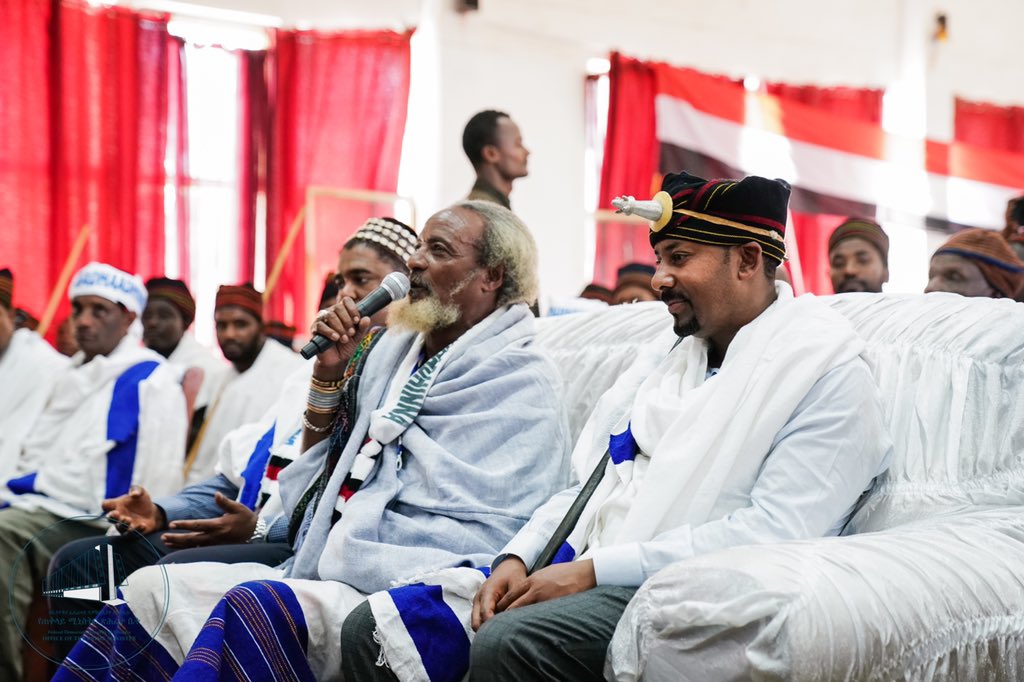Ethiopia is a diverse country with a multitude of ethnic groups and cultures. However, the country has a history of race-based politics that has led to tensions and conflict. In Ethiopia, ethnicity has been a factor in politics, both historically and in modern times.
The Ethiopian People’s Revolutionary Democratic Front (EPRDF), the ruling party in Ethiopia for over 20 years, was a coalition of ethnic-based parties. Each party represented a specific ethnic group, and they formed a government that was supposed to represent all Ethiopians. However, in practice, this led to a system where political power was concentrated in the hands of a few ethnic-based parties, while others were marginalized.
The EPRDF also implemented policies of ethnic federalism, where the country was divided into regions based on ethnicity. This policy aimed to give each ethnic group autonomy over their own affairs and promote self-determination. However, the policy also led to a system where individuals were defined by their ethnicity, and ethnic groups became the primary political actors. This led to increased tensions and conflicts between different ethnic groups.
In recent years, Ethiopia has experienced an increase in inter-ethnic violence, with clashes between different groups leading to displacement and loss of life. The current government, led by Prime Minister Abiy Ahmed, has attempted to address these issues by promoting a more inclusive and united Ethiopia. However, this has also led to resistance from some ethnic-based groups who fear losing their power and autonomy.
The issue of race-based politics in Ethiopia remains a significant challenge, with many arguing that the country needs to move away from ethnic-based politics and towards a more inclusive system. This would require a significant shift in the country’s political culture, with a greater focus on promoting national unity and citizenship. It would also require a commitment to addressing historical grievances and ensuring that all groups have equal representation and opportunity.
In conclusion, race-based politics in Ethiopia is a complex issue that has deep roots in the country’s history. While ethnic federalism aimed to address issues of self-determination and autonomy, it has also led to increased tensions and conflict between different ethnic groups. Moving forward, Ethiopia will need to find a way to promote national unity while still respecting the country’s diversity and promoting the rights of all citizens.



